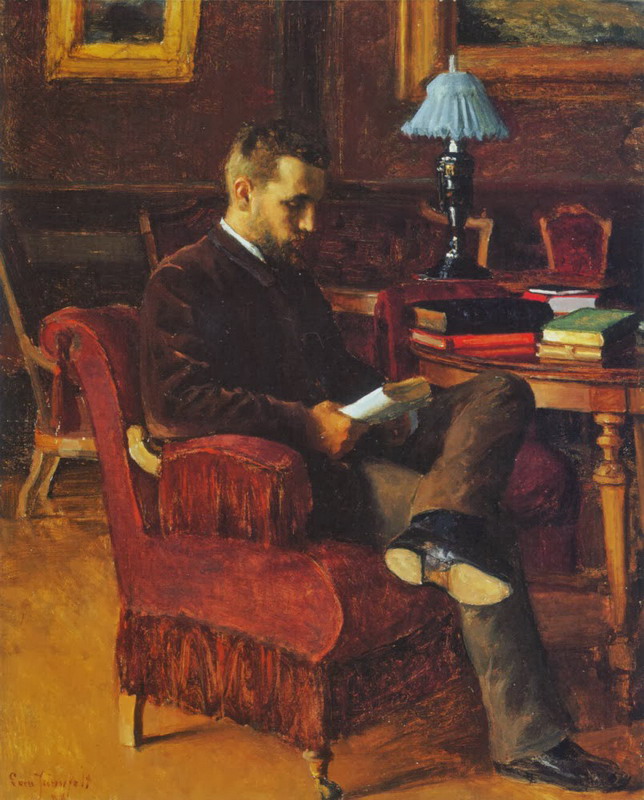
Tuesday
My entrepreneur son alerted me to a Jessica Stillman article in The Cut about the latest scientific study proving that “Reading Fiction Really Will Make You Nicer and More Empathetic.” “We already knew this to be true, but here’s a business article to confirm it,” he remarked.
Darien certainly knows. This is a man who reads Moby Dick on his subway rides to work.
Unfortunately, all I know about the study is Stillman’s paragraph-long summation. Here’s what she has to say::
Led by University of Rochester psychologist David Dodell-Feder, this new research reviewed 14 previous studies on the relationship between reading fiction and empathy. The conclusion it came to will cheer book lovers everywhere: Compared to reading non-fiction or not reading at all, reading fiction produced a “small, statistically significant improvement in social-cognitive performance.”
In short, the sum total of science on the subject says reading fiction really will make you a little nicer and more empathetic.
I found Stillman’s article most useful for its links to articles critical of earlier studies. (I’ve reported on some of those studies here, here, and here.) Most of the critiques observe that interacting with literature is so complex that MRI brain imaging or Theory of Mind tests fail to do it justice. Atlantic’s Joseph Frankel, drawing on a takedown by Pace University’s Thalia Goldstein of one such study, observes that correlation between literary reading and increased empathy doesn’t prove causation:
A lifetime of reading might make people better at imagining other people’s thoughts and emotions, or those who are more in tune with other people’s states of minds might be drawn to reading fiction in the first place. Or, a completely unrelated variable might explain the correlation.
After reading the critiques she links to, I have only Stillman’s assertion that the recent Dodell-Feder study is convincing. This leads to another question, however, which is why we get so excited about these studies in the first place. After all, do readers need scientific research to convince them that a good book provides a rich and rewarding experience? The Atlantic article turns to Brown University’s Arnold Weinstein for an explanation:
It’s still an open question why psychologists, the media, and laypeople alike are so interested in the possible benefits of reading fiction. As Weinstein said, those both in and outside of the humanities have ascribed moral benefits to literature and art as “a rescue operation” for these disciplines at a time when their worth is under scrutiny. It’s hard not to see arguments that literature might make people more empathetic, more moral, or more socially adept as a corrective to the perceived lack of “return on investment” when it comes to the arts.
I very much agree with this but want to point out that there have been few times when literature’s worth wasn’t under scrutiny. From having done a deep dive into theories about literature’s moral benefits, I can report that the worth of literature has been challenged constantly over the centuries, going all the way back to Aristotle’s defense against Plato’s attacks. Since then, we see utilitarian defenses—“return on investment” arguments—from Horace, Sir Philip Sidney, Samuel Johnson, Percy Shelley, Matthew Arnold, and on and on. Even during the heyday of the New Criticism, an apparent highwater mark of literary studies, scholars sometimes felt they had to ape the scientific method. The questions propelling these psychological studies have a long history.
I’ve concluded that our defensiveness arises from literature’s ability (I draw on Horace’s bifurcation here) to simultaneously entertain and instruct. There have always been those who decried the entertainment function as frivolous or even immoral, prompting literature lovers to emphasize the instructive aspects. Current defenders often seize on scientific studies the way one accepts reinforcements in a desperate battle. If this is what it takes to save a literature requirement or an English Department against the onslaught of STEM, then welcome aboard.
All that being said, I’m dubious about these psychological studies and ascribe more to Frankel’s conclusion:
Perhaps to really understand what happens in the messy, intimate process of reading, looking at individual relationships between readers and stories may be more worthwhile than examining literature as a generalizable stimulus. While psychological research may someday offer another enriching perspective on reading fiction—Goldstein mentioned the possibility of looking at how readers respond to texts over time—these relationships may be too nuanced, or have too many variables, to be fully described by studies like this, let alone the popular coverage that recasts them.
In this blog, I share stories of the messy, intimate relationships that I and other readers have with the works we encounter. Through sheer accumulation, I address an interaction that resists easy generalization.

